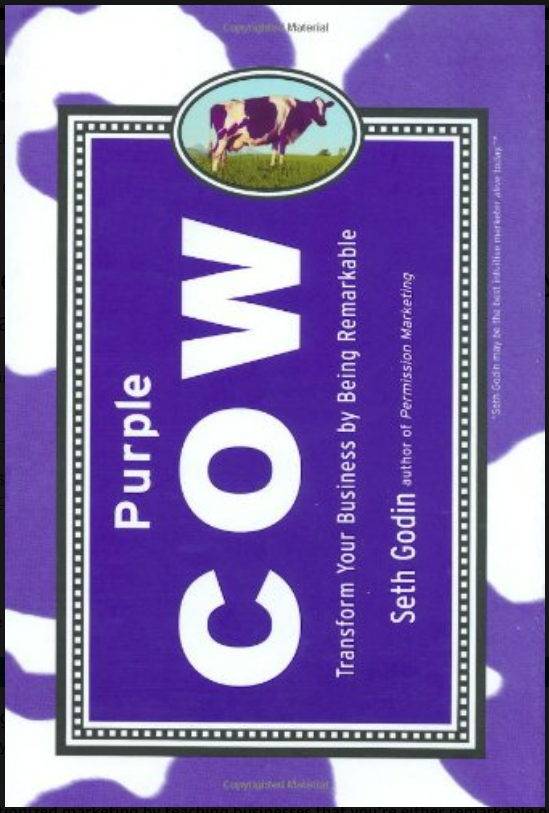As a practicing, professional home inspector since 2000, I like to think I’m somewhat qualified to make the following statement: we’ve ruined the current version of the home inspection industry. We find ourselves in the unfortunate position of being too cursory, too undervalued, too cutthroat, and too subservient to our overlords, to put a name on some of our most common problems. And, if I’m being truthful with myself, the vast majority of our problems are self-inflicted.

All too often, we’re our own worst enemies. We give in, give up, and give away far more than we should. We pander to the lowest of the low. We undercut everyone else in the hopes of making a buck. We give away everything we’ve scraped and scrounged so hard to win. We whore ourselves out to the cheapest bidder, all in the name of competition, or at least what we erroneously believe competition to be.
But it’s not just us; this epidemic of pandering permeates our industry. I’m a home inspector, so obviously I’m talking about inspectors, but it doesn’t just stop with us. It affects everyone involved: agents, brokers, lenders, insurers, and contractors. Just about anyone you can think of that’s selling a service falls prey to this scarcity mindset, believing that if they don’t do whatever it takes to get this one client, they’ll never work again.
So, we all jump on the bandwagon, torpedoes be damned, and lunge, full speed ahead, into the battle. They want a cheaper price; we can do that. They want us to do our job in less time; we can make that happen. They want us to help them out by doing some of their work too; no problem. They’re looking for someone who can smooth over these rough edges and maybe let a few things slide; we’re the person for the job.
Lower and lower we stoop, until one day we realize that we’ve hit bottom and there’s no where else to go. We’ve cut all that we can cut. We’ve trimmed all the fat. We’ve eliminated anything extra (and some of the important) and we’ve conceded so much that we’re not even sure what it is we’re supposed to be doing.
We’ve become the Dollar General of our industry, peddling nothing but crap at bargain basement prices.
The problem with the race to the bottom is that you might win.
Seth Godin
Maybe, we rationalize, we can make it work. After all, Dollar General makes it work. So, just like Dollar General, we play down the significance of our capitulation and figure we can make up the difference by just doing more work. Low value but high volume. It works for Walmart and Burger King; why not us?

Let’s just stop and think for a moment. Imagine we’ve got an important event coming up, like our 10th anniversary, for example. Do we plan on stopping off at Walmart to buy a gift for our significant other before we take them to Burger King to celebrate? Probably not (and if we do, how the hell did we make it 10 years in this relationship?) A big anniversary warrants a heartfelt gift and a nice romantic dinner, and nothing less will suffice (unless, of course, you relish being in the doghouse…)
Significant events call for meaningful actions, and there’s not too many life events that are more significant than purchasing a home. Why should we serve our clients fast food when the situation calls for a three Michelin star restaurant type presentation?
We try to justify it all, rationalizing that we’ve got to give away the farm in order to compete with everyone else out there that’s giving away the farm. And that’s true, to an extent. If you’re exclusively planning on playing in the Dollar General sandbox, then yes, you better look like giving it away. But Burger King isn’t the only game in town, and there are not too many fast-food outlets serving prime steak and handmade desserts.

I won’t deny that there are more cheap options out there than ever before: cheap food, cheap groceries, cheap cars, cheap service, cheap, cheap, cheap. But that doesn’t mean that’s where I’m going to shop. Cheap certainly has its place. If I’m shopping for a widget and all the widgets are exactly the same, then I’m certainly going to choose the cheapest one. Why pay more money for the same product? But if I’m shopping for something important, something valuable, something meaningful, it’s unlikely I’m going to find it at the Dollar Store.
Every one of us is providing something valuable to our clients. How we approach these transactions is entirely our responsibility. It’s up to us to (1) realize that we play a crucial role in this transaction, (2) understand the value that we provide to our clients (and everyone else involved), and (3) underscore that value to our customers. If we don’t appreciate what it is we bring to the table, there’s no way in the world that our customers will.
Perhaps the reason price is all your customers care about is because you haven’t given them anything else to care about.
Seth Godin
Would you like to get an email every Friday where we share the newest things we’ve discovered about home inspections? CLICK HERE to sign up.
Want to be an Influencer in Your Field? Share This Post!
Thanks, Joe

